Living in Heads
Living in Heads: The Allegory of Haden Black, White, and Grey
Haden A. Snjougla leads a seemingly normal life—a steady job, a loving family—but inside he feels everything slowly unraveling. Every morning he urges his daughters to “rise and shine” and reminds them that “the world waits for no one.” Lately those routines and words feel hollow, as if he’s been sleepwalking through life. He moves through fluorescent-lit offices and gleaming shopping malls, feeling like everything is just an artificial simulation. Disillusioned by the emptiness of this grind, he can’t shake one question: what’s real—the busy world outside or the one in his mind? As pressures mount at work and home, Haden reaches a breaking point. In an act of quiet desperation, he retreats to a remote lakeside cabin in search of whatever truth might be left.
Alone in this refuge of stillness, he is finally face-to-face with his own racing thoughts. At first the silence is deafening—no emails pinging, no errands or meetings to distract him. It’s just Haden and the wind in the pines, and that solitude is both terrifying and strangely liberating. The cynic in him (the part he calls “Haden Black”) grows loud in the quiet, insisting that people are merely puppets of social systems and nothing will ever change. Yet another voice (“Haden White”) flickers with fragile hope, dreaming that life could be more meaningful and kind. Through long walks in the woods at dawn, midnight journaling by lamplight, and painful bouts of self-reflection, Haden slowly begins to untangle the beliefs and personal myths that quietly shaped him. He revisits memories, questions inherited truths, and confronts the parts of himself he’s kept in the shadows. Bit by bit, these inner confrontations crack open a space for something new to emerge.
Over time, a deeper understanding takes root—one that accepts complexity instead of clinging to black-and-white extremes. Haden discovers a more honest way of seeing the world, unifying realism with a renewed sense of wonder. Armed with this broader awareness (his new “Grey” perspective), he returns to daily life ready to engage with the world in a more authentic way. He approaches his family and even his work with an openness he never had before. Living in Heads follows this subtle yet profound transformation, drawing us into an emotionally resonant exploration of perception, identity, and consciousness—and showing how a small shift in one person’s inner world can ripple outward to transform the shared reality we all call home.
